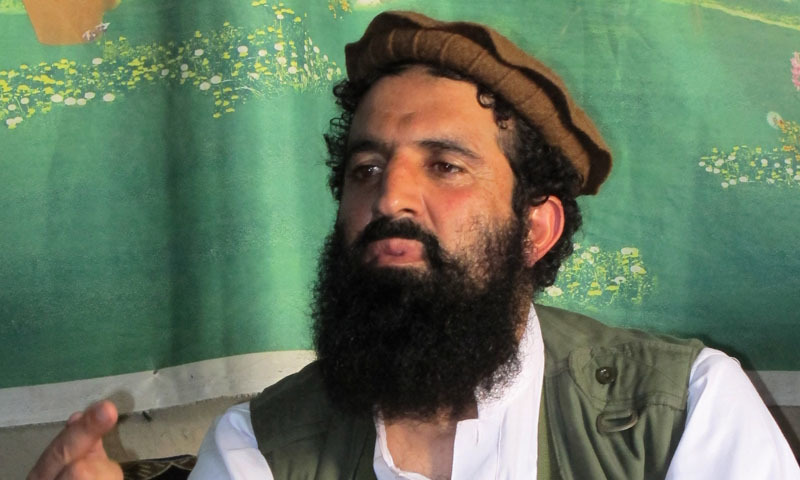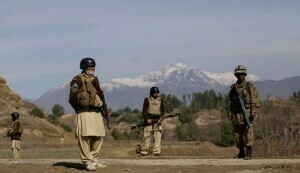The rise of the self-styled Islamic State was always going to have repercussions for the militant complex in Pakistan.
The only real question is: how much of an effect will IS have here? The announcement this week by several TTP commanders, headlined by Taliban spokesperson Shahidullah Shahid, that their allegiance now lies with Abu Bakar al-Baghdadi has underlined the lure of IS has for splashy headlines, but the real impact may be limited. Certainly, the banned TTP stands further weakened and Mullah Fazlullah is an increasingly isolated figure, almost consigned to his localised status during the peak of the Swat insurgency.
Additionally, gains for IS are likely to weaken the hand of Al Qaeda. But does all of that translate into IS being the next big thing in militancy here? The resumé of the six TTP commanders may be semi-impressive, but the reality is that they are on the run and unlikely to have much to offer in terms of furthering the IS agenda in Pakistan.
The main problem with discerning whether the IS graph is on the rise because the TTP graph is on the decline is that it is not known whether the fracturing and splintering of the TTP is driven by disagreements over the leadership of Mullah Fazlullah or an ideological split with deeper, more problematic roots.
The rivalry between the two Mehsud groups in the TTP was long-standing, and the rise of groups outside the Waziristan hub, especially the Swat and Mohmand Taliban, had made the TTP umbrella all the more unwieldy and unmanageable. The North Waziristan operation surely exacerbated the internal tensions within the TTP, as must have the security establishment’s clandestine efforts to chip away at the unity the TTP often aspired to.
Yet, there is also a perennial fault line among militants here: a localised agenda versus a pan-Islamic vision. Essentially, do militants focus on securing Fata, defeating the Pakistani state and stopping at that or do they always have an eye towards wider goals encompassing the Muslim world? Al Qaeda and its affiliates always pushed for a wider vision, whereas a number of Pakistan-origin militants have had more limited goals focused on securing territory inside Pakistan. Now, IS — the new Al Qaeda in a sense — has rooted its appeal in a global outlook.
If the TTP fracturing and the lure of IS is rooted in something more than localised factors, the state here will have an even bigger challenge to deal with.
When simply dealing with TTP militants with a Pakistan-centric agenda has proved so difficult, how will the state cobble together a strategy to fight a global militant complex that IS could come to represent? Surely though, even if IS is not destined to gain much ground in Pakistan, an old truth still applies: when the existing militant threat is not dealt with, the future threat invariably is more dangerous and complicated.
Published in Dawn, October 17th, 2014















































